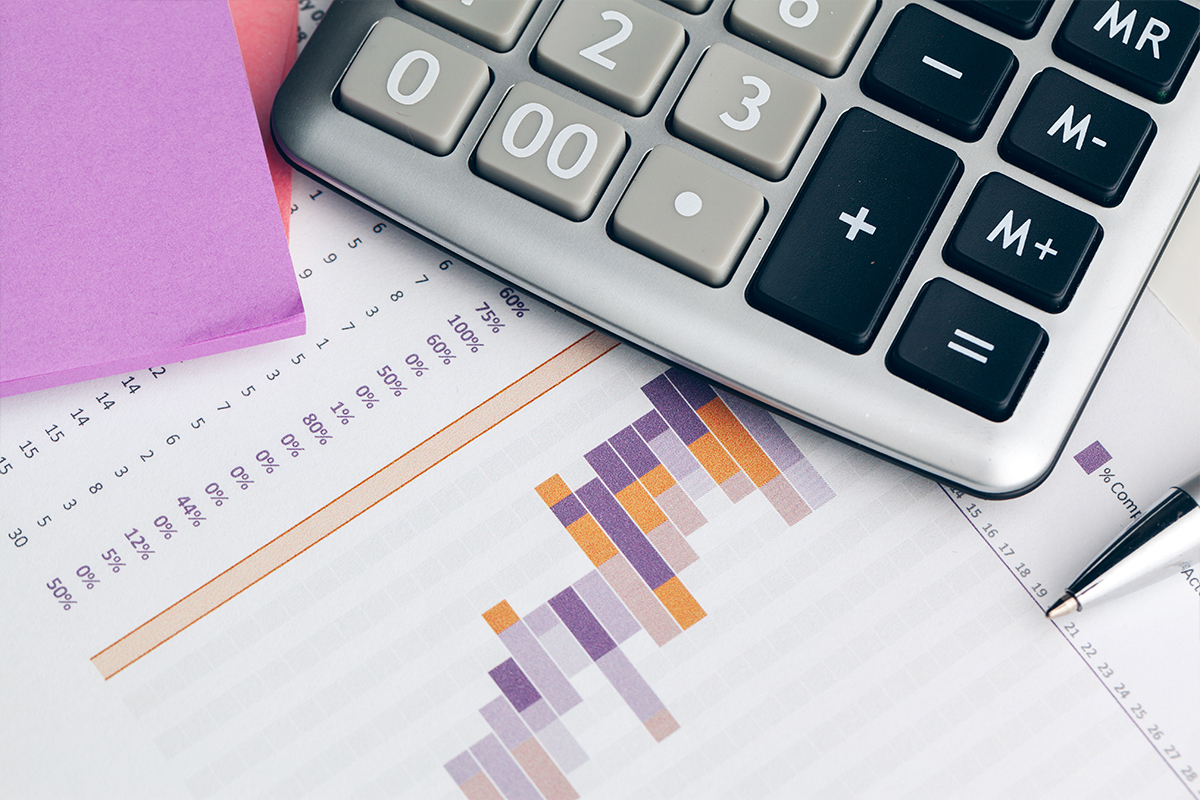How to prepare your finances for an economic downturn
Preparing financially for an economic downturn is crucial to maintaining stability in uncertain times. Recessions can bring with them layoffs, reduced income, and a decline in the value of investments, making it essential to adopt a sound financial strategy. In this article, we will explore how you can effectively prepare your finances for an economic downturn, to protect your financial well-being and minimize the impact of difficult times.
A critical step in preparing your finances for an economic downturn is to build a robust emergency fund. This fund should cover three to six months of essential expenses, such as your mortgage, rent, utility bills, and food costs. Having an emergency fund provides you with a financial cushion that will allow you to handle any income reductions or unexpected expenses without having to resort to debt. It’s important that this fund be in a savings account that is easily accessible, but at the same time offers a competitive return.
Another key aspect of preparing your finances for an economic downturn is debt review and reduction. Debts, especially those with high interest rates, can become a significant burden during a recession. Before hard times hit, consider consolidating debts or refinancing them to a lower interest rate to reduce your monthly payments. Also, focus on paying off those debts with the highest interest rates first, to free up capital that can be used in an emergency.
Reassessing your budget is another essential step in preparing your finances for an economic downturn . During times of economic uncertainty, it’s important to prioritize necessary expenses and cut back on non-essential ones. Analyze your current expenses and find areas where you can cut back, such as subscriptions, entertainment, or non-essential purchases. Creating a tight budget will help you gain a firmer grip on your finances and ensure you’re allocating resources to the most important areas.
Diversifying your income sources is another effective strategy to prepare your finances for an economic downturn. While it may not be possible for everyone, having multiple sources of income can offer a greater level of security. This can include freelance work, dividend-producing investments, or even small businesses you can run from home. Having additional income can make a big difference if your primary source of income is affected during a recession.
It’s also important to review and adjust your investment portfolio to preparing your finances for an economic downturn. Recessions are often accompanied by stock market declines, which can significantly impact your investments. Consider diversifying your investments to include safer assets, such as government bonds or real estate investment trusts, which tend to be more stable during times of economic crisis. Make sure your portfolio is aligned with your risk tolerance and long-term financial goals.
Maintaining a focus on savings is essential during a recession. While it may be tempting to cut back on savings to cover other expenses, it’s important to continue putting a portion of your income toward savings, even if it’s a smaller amount. Continuing to save during a recession will help you stay on track toward your long-term financial goals and be better prepared for when the economy recovers.
Staying informed and up-to-date on economic conditions is crucial to preparing your finances for an economic downturn. Staying abreast of market trends, government policies, and economic forecasts will allow you to make more informed decisions about your finances. Additionally, consider consulting with a financial advisor who can offer you personalized guidance on managing your financial situation during a downturn.
Preparing your finances for an economic downturn requires careful planning, discipline, and a focus on creating long-term financial security. By adopting these strategies, you can better protect yourself against the negative effects of a recession and maintain your financial stability during uncertain times.

